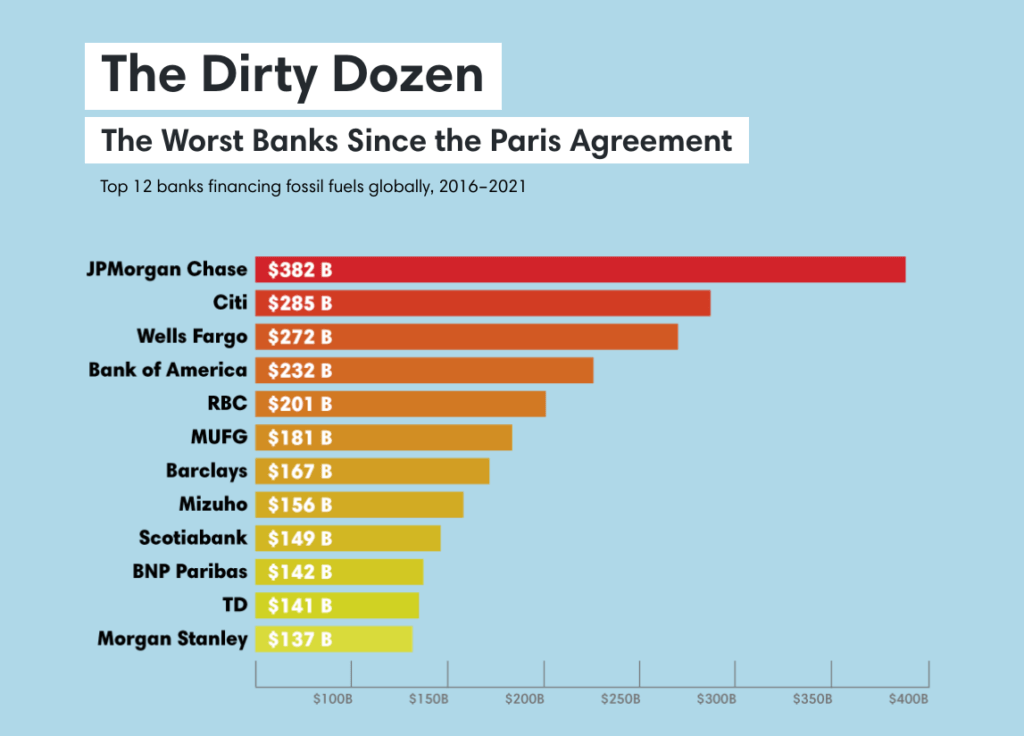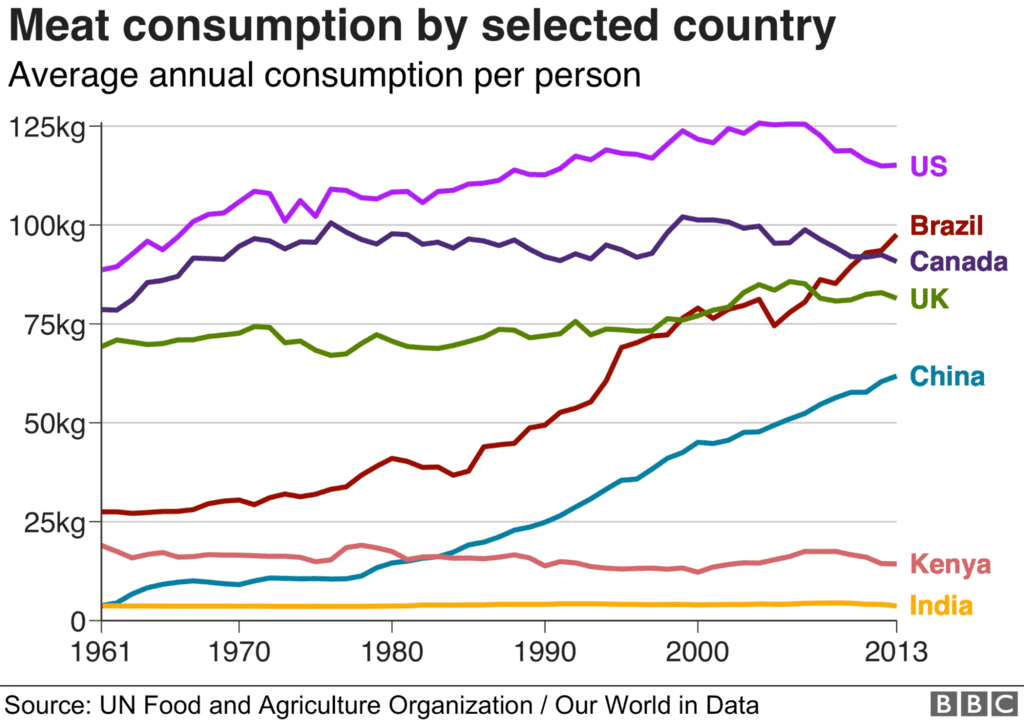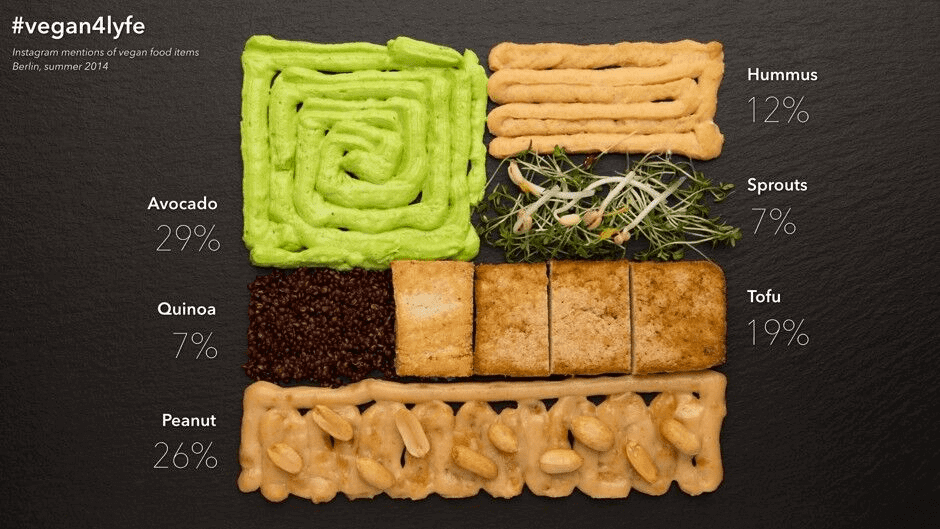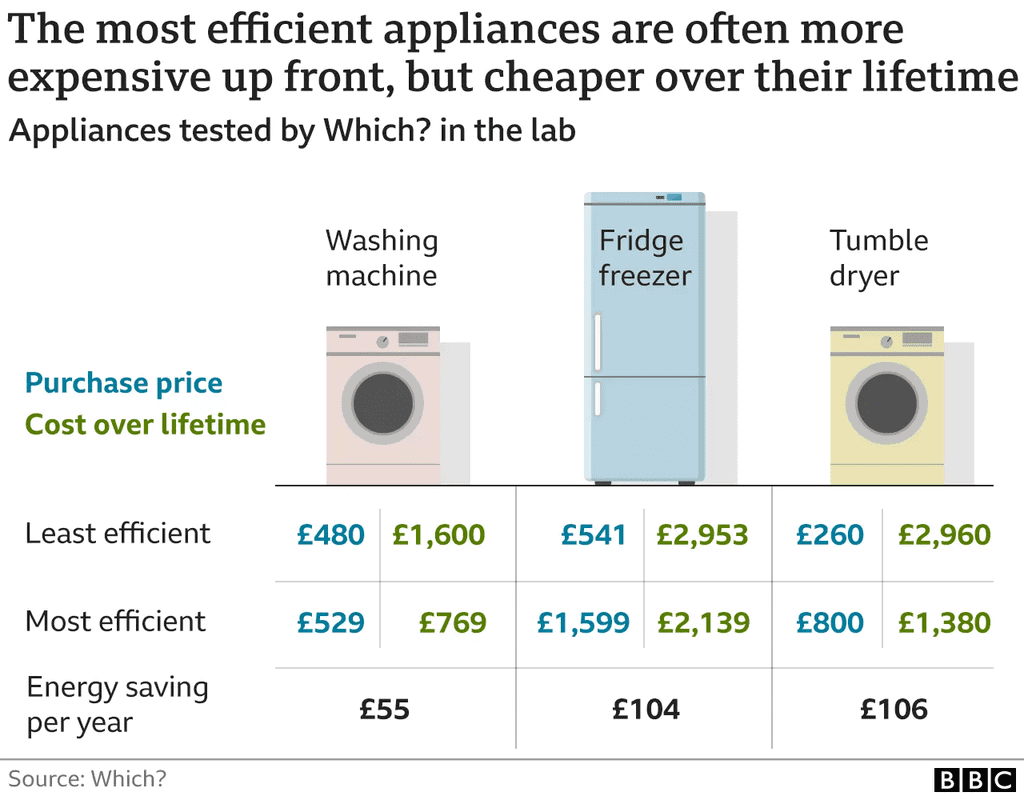 Insight
Earth Overshoot: 5 things we can all do to #MoveTheDate
Insight
Earth Overshoot: 5 things we can all do to #MoveTheDate
This year’s Earth Overshoot day fell on August 2nd. That means that, as a planet, we’ve used up our annual budget of ecological resources that can be replaced within a year – with almost 5 months of the year left to go. To replenish the resources we’re consuming over the course of a year, we’d need 1.71 Earths. Our visuals, created with Global Footprint Network, break this down country-by-country, and demonstrate that there’s still hope.
So what can we do about this as individuals? What does the data tell us?
A lot of the big-ticket solutions that could really move the date are pretty far outside the reach of the influence of me and you as an individual. There’s not a lot we can do to influence the implementation of carbon pricing, or implementing the Green New Deal across half of the world. (Except to vote for political candidates who might advocate for policies like this.)
You may feel helpless, like there’s nothing you can do to make a difference. But fortunately, there are small-scale changes that we can make in our lives that do just that. While the reality is that one person changing their bank or their lightbulbs will not make any kind of dent alone, if we all did it – it really could make a difference.
Here are 5 small steps you can take to help #MoveTheDate:
1. Finance decarbonisation: 22 days
This one doesn’t just apply to individuals, it applies to any entity with a bank account. All you have to do is choose a financial institution that purposefully uses your deposits to finance the transition to a more sustainable planet. Your money will be used to create the kind of world you want to see – it could help finance solar or wind power projects or uptake of regenerative agriculture techniques, for example.
The household names in banking, such as JP Morgan Chase, Citi, RBC, Barclays and BNP Paribas all feature amongst the “Dirty Dozen” – banks that financed fossil fuels globally from 2016 to 2021. If you bank with one of them, like I used to, changing your accounts can make a difference.

2. Shift to a plant-based diet
Let’s be clear from the off: This solution doesn’t actually involve giving up meat and dairy completely. It involves shifting towards a plant-based diet. That’s because if we replaced 50% of the world’s meat consumption with plant-based substitutes, we would move earth overshoot by 7 days.
As has been covered extensively, on pretty much every news network worthy of the name, meat and dairy foods are the highest emitting foods that we consume. Not only that, they also tend to consume the most water, and require us to grow additional crops to feed the animals we end up eating. So eating less meat means that fewer resources are required to feed us.

It’s also important to note that we haven’t always consumed as much meat as we do currently. So, in many cases, we’d just be going back to a more traditional diet. And who knows, we might even discover a few exciting new ingredients to work into our diets along the way.

3. Use more energy-efficient household appliances: 6 days
This one doesn’t even involve doing anything right now, necessarily. Instead, as our household appliances start to reach the end of their useful lives, replacing them with energy efficient models and maintaining similar usage levels can have two impacts:
- Reduce home energy use by 30%, potentially lowering our energy bills
- Move the Earth Overshoot Day by 6 days
Currently, the major barrier to the individual is the increased upfront costs associated with energy efficient appliances, so we’ll need a little help from government to incentivise and/or regulate manufacturers to produce more energy efficient products.
In the long run, taking into account overall consumption, energy efficient models with higher upfront costs tend to cost us less over the lifetime of the appliance.

4. Give clothing a longer life: 5 days
One of the simplest, smallest changes we can make in our own lives is to double the lifetime of our clothes.
Many of the clothes we buy will contain cotton and/or wool. Cotton is an incredibly water-intensive crop, and wool requires significant amounts of pasture land. The graphic below provides a live tracker of the tonnage of water used this year as part of cotton production:
So whether we buy pre-owned clothes from eBay, Vinted or Depop, or we repair and upcycle our existing wardrobes, we can increase the lifespan of the clothes we buy and reduce the impact we have on the environment.
5. Install LED Lighting in households: 1.8 days
This is possibly something you’ve already done, but it’s worth pointing out that LEDs have replaced roughly half of all incandescent bulbs globally, which means there are still a lot of the latter out there.
LEDs are 10 times more efficient than incandescent bulbs at converting electricity into visible light, so making the change (if you haven’t already) will also save you money on your electricity bill.
On a personal note, I recall the underground electric cable leading up to my house exploding once upon a time. This led to my energy supplier providing me with a diesel generator for a week while they repaired it. This was before the invention of the smart meter, so it was fascinating to hear the generator straining when certain appliances were switched on. To my surprise, when I turned on the lights in the lounge, the generator went into overdrive. This was because the landlord had installed a fancy five-bulb chandelier, filled with incandescent bulbs. From that moment on, I haven’t used anything but LEDs!
We can always do more with data if we know how to interpret it. Working with Earth Overshoot Day to visualise this year’s trends has been fascinating and offers us all a wake-up call on the differences we can make, even as individuals.
